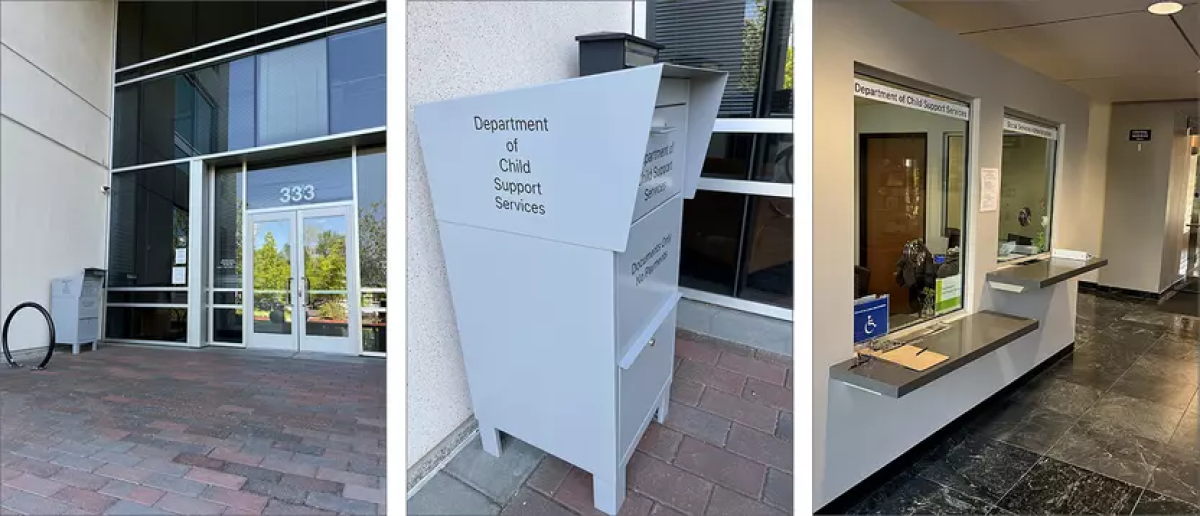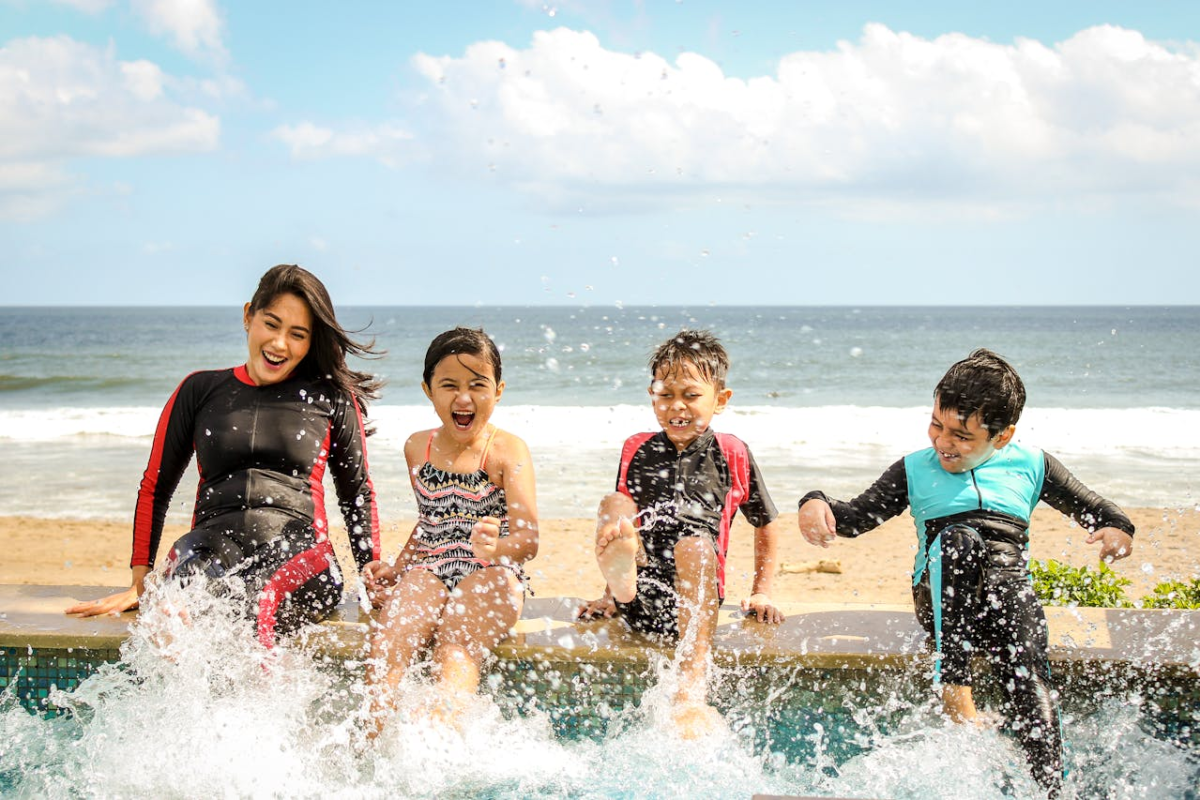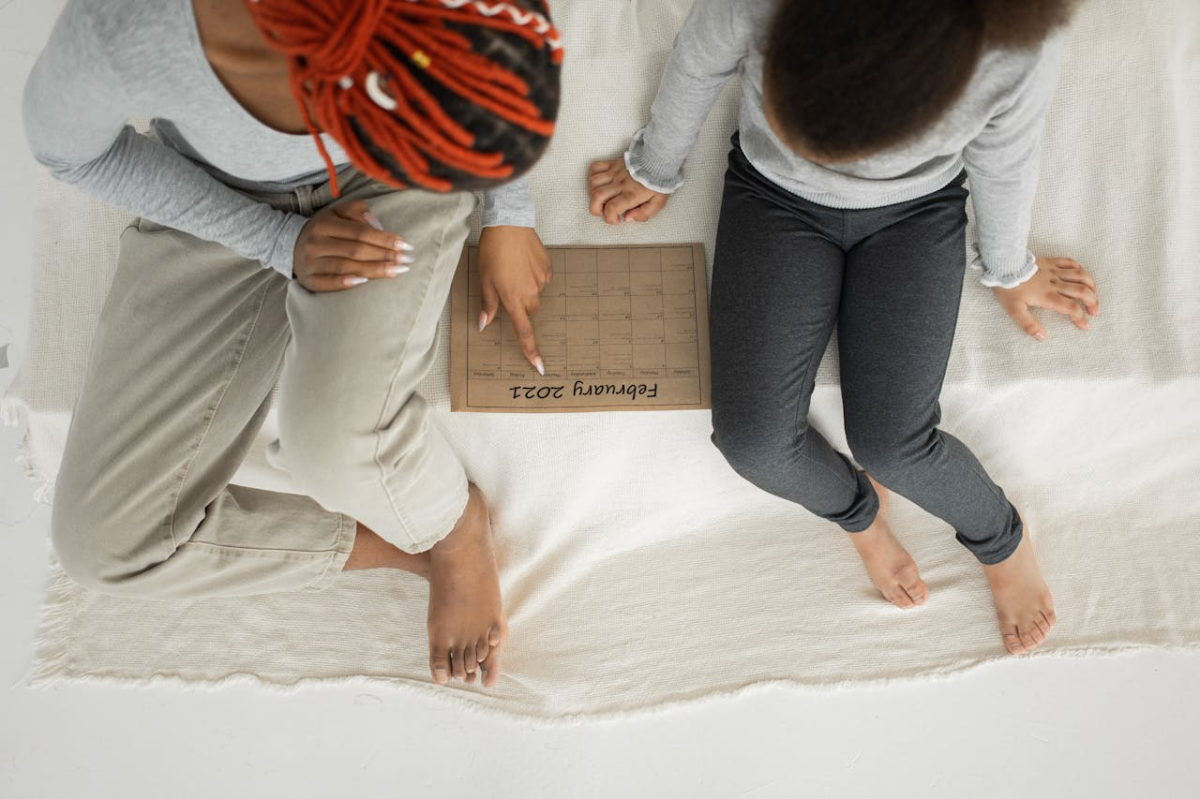Child Support
Tag-Teaming Summer—Summer Camps Edition!
Summer Camps & Shared Custody: How to Keep Your Kid Happy (and Yourself Sane)

Co-parenting through summer camp season? Learn how to split costs, coordinate drop-offs, and avoid custody mix-ups. This guide covers everything from camp signups to communication tips—so your kid has fun and you keep your sanity.
Summer with kids can be glorious — long days, late bedtimes, melted popsicles — but let’s be honest: without structure, it turns into a free-for-all pretty fast. Enter summer camps, the unsung heroes of co-parenting life. They get your kid out of the house, off their screen, and into something that makes you feel like maybe — just maybe — you’ve got this parenting thing under control.
If you're navigating summer camp as a co-parent, the waters can get murky fast: Who pays? Who drops off? Are we even on the same page about what kind of camp this is?
I’ve been through it. My son’s been doing summer camps since the summer after second grade. Some years it’s a full calendar of activities. Other years we scale it back. What’s worked? Communication, flexibility, and a whole lot of Google Calendar reminders. So let’s talk about it — the good, the messy, and the actually kind of great parts of summer camp when you’re sharing custody.
Start with Your City: Community Centers Are Gold
In the early years, my son’s mom handled signups. She found some fantastic community center camps — affordable, local, and well-run. Think LEGO-building, basic science, even a little religious camp (hey, exposure builds character).
If you’re just getting started, check your city’s community rec department around April or May. That’s usually when summer camp registration opens. The good ones go fast. Like, Taylor Swift-ticket fast. Get on the mailing list or camp calendar and set an alarm if you need to.
Who Pays for What: Don’t Make It Weird
The first year, his mom covered most of the costs. The next year, I stepped in and signed him up for 3-4 weeks. I signed him up for big-team games in the park, Dungeons & Dragons, and — my personal favorite — a week of magic camp (we still practice juggling together).
Camp isn't cheap. Some are $200 a week. Others are $900 a week and somehow still don’t feed your kid. It’s important to have that money talk early — and calmly.
Are we splitting it 50/50? Does one of us take the lead on registration and the other reimburse? Are there surprise day-of fees like pizza days, field trips, or materials? Talk about all of it ahead of time, ideally before the camp emails start hitting your inbox at midnight.
Make a Plan for Drop-Offs, Pick-Ups, and Who’s Where
This isn’t school where the logistics are baked in. Camp hours are weird — sometimes it starts at 9:30 and ends at 2:15 — and if you’re co-parenting, that can complicate things quickly.
Some years, I’ve done the morning drop-off while his mom handled pickup. Other times we rotated. It depends on our work schedules and custody calendar.
What’s helped? Getting on the same page early about where the camp is, who’s in charge that day, and who the camp staff is allowed to release our kid to. Day camps usually have a parent sign-out process, and if your kid’s going with a friend, you might want to add that friend’s parent to the pickup list. Camp staff are strict about that stuff (as they should be), and a missed detail can turn into a hassle at 4pm.
Why Camp Matters (and Not Just for the Kid)
- They build social skills in a real-world way. Not via a group chat.
- They get kids moving — sports, hiking, water games, dance. You name it.
- They offer new experiences: robotics, archery, improv, reptiles.
- They give your kid confidence, independence, and some real stories to tell.
And if you’re a parent like me — introverted, kind of tired, and pretty content ordering pizza and watching old episodes of Shark Tank — then yes, you also get a break. And you should take it guilt-free.
Avoid the Overload: Camps ≠ Babysitting
A mistake I see a lot of parents make — and I’ve come close myself — is overbooking. You feel like you’ve got to schedule every single week. But kids burn out too. Camps are fun, but they’re also a lot — new places, new people, new rules. Some years, we’ve scaled back. A few camps, a few “do nothing” weeks, and some trips to grandma’s house. That balance helped us all breathe a little easier.
Use Camp as a Co-Parenting Win
One thing I’ve learned? Summer camps are a co-parenting opportunity in disguise. If you handle them well, they actually improve your co-parenting dynamic. Here’s how:
- Share information early. Don’t spring a week-long soccer camp on your ex the night before.
- Coordinate costs and ride responsibilities. Don't play hot potato with pickup. Be adults.
- Communicate with camp staff. If there are custody rules or preferred contact people, give staff the heads-up.
- Stay flexible. Sometimes a car breaks down, a meeting runs late, or your kid just wants a playdate after camp. If you can adjust without a fight, everyone wins.
One thing we’ve done that’s been great: signing him up for camp with a friend. It helps with first-day nerves, and sometimes, the kids end up hanging out after camp too. That’s where planning ahead with the other parent is key — adding other adults to the pickup list and making sure everyone’s in the loop.
Final Thought: It’s About the Experience, Not the Spreadsheet
At the end of the day, camp is about giving your kid a summer they’ll remember. They don’t need every week booked or the fanciest overnight lodge. They need time with peers, safe adventures, and a chance to grow a little outside your shadow.
If you can use summer camps to foster that — while also keeping the peace with your co-parent and giving yourself a few precious hours of alone time — that’s a win for everyone involved.
Just don’t forget the sunscreen. Or the pickup time.
You might also like these articles.
Legal Disclaimer:
This post is for informational purposes only and does not constitute legal advice. For personalized assistance, consult a licensed family law attorney or your local legal aid agency.




